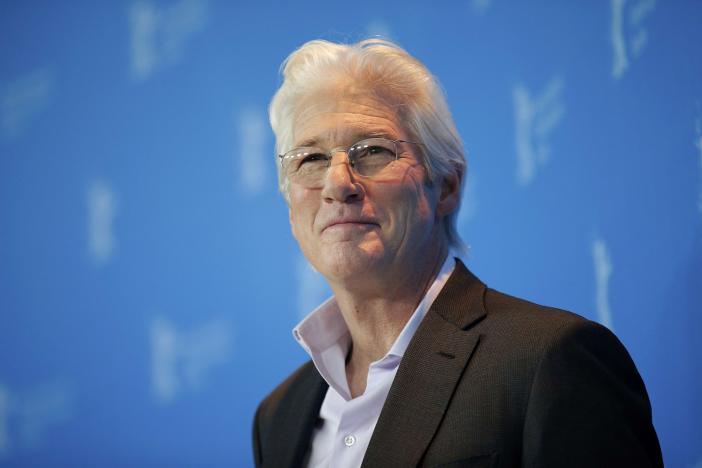
The London School of Economics published a discussion paper last week on the Taliban-ISI nexus that neither surprised anyone in Pakistan nor led to an uproar among intellectuals and policy makers in the west. Strange, given the report’s dramatic assertions.
After interviewing a number of Afghan ministers and officials, academics, diplomats and Taliban commanders the researcher concluded that it wasn’t just a lunatic fringe or rogue elements within Pakistan’s premier intelligence agency, ISI, that were continuing to provide strategic, logistical, financial and military support to Taliban. The agency itself was doing it as official policy.
There’s more. The report said that ISI officials regularly attend Taliban shura meetings in Quetta and Waziristan as observers. As if that wasn’t dramatic enough, it goes on to claim that President Asif Ali Zardari personally assured some arrested Taliban commanders that they had nothing to worry about and that all of them would be released in due course.
Continued support for Taliban, says the report, makes Pakistan’s war effort against Islamic radicals a double game that can have major implications for the world. The only way to wean Pakistan away, it argues, is to address its fundamental insecurity vis-a-vis India.
The Pakistan Army spokesman, General Athar Abbas, denied the report like he has denied hundreds of other such allegations since his appointment. Actually, he is getting really good at this sort of thing. Yeh bakwas hai (this is rubbish), he said.
One has to admit that Mr Waldman’s report is perhaps exactly what General Abbas says it is, given that nothing in the report is attributed to an identified source. But is that all? Are such serious allegations that easily dismissed? Why didn’t the world sit up and cry foul? The reason may rest in the fact that what the report suggests is exactly what Pakistan has been arguing since this war started.
It is no secret that Pakistan’s elected government has little or no influence on the direction of the conflict in the country’s tribal belt. It has publicly abdicated this responsibility to the army. This means that the conflict is being governed by a strategic security analysis, debated and drawn not in the parliament or the foreign office but by the military.
It is difficult, perhaps impossible, to imagine more India-focussed minds than the ones who advise Pakistan’s security doctrine within the army. Rabidly suspicious of their neighbour, their hostility towards India seems to have increased manifold after the ouster of Taliban from Kabul and India’s success in regaining influence on what was going on in the Afghan capital.
Now, it seems, it is no longer a matter of India’s continued control of Kashmir. Pakistan’s strategic analysts fear that India is using its influence in Afghanistan to stir trouble in Balochistan. What is worse, they seem convinced it may even have infiltrated Taliban ranks and is using them to wreak havoc across Pakistan which Pakistan can only ignore at its own peril.
For as long as this security analysis is in place, and continues to shape Pakistan’s foreign policy, it makes no sense for anyone in Pakistan – be it the government, the military or the ISI – to abandon any strategic asset that could potentially be used against India. It doesn’t matter if the venue is Indian or Afghan territory. And that brings us to the obvious conclusion that Pakistan will not abandon the Taliban for as long as its fears about India are not addressed.
It doesn’t matter how the LSE paper, or any other report for that matter, says it. It doesn’t matter how well or poorly documented such reports may be. What is real, as far as the world is concerned, is that Pakistan’s strategic security analysis has stubbornly refused to move away from India.
And as long as that doesn’t change, nothing else will.

1732271743-0/diddy-(45)1732271743-0-165x106.webp)



1732261957-1/Copy-of-Untitled-(66)1732261957-1-270x192.webp)


1732258132-0/BeFunk_§_]__-(26)1732258132-0.jpg)








COMMENTS (4)
Comments are moderated and generally will be posted if they are on-topic and not abusive.
For more information, please see our Comments FAQ